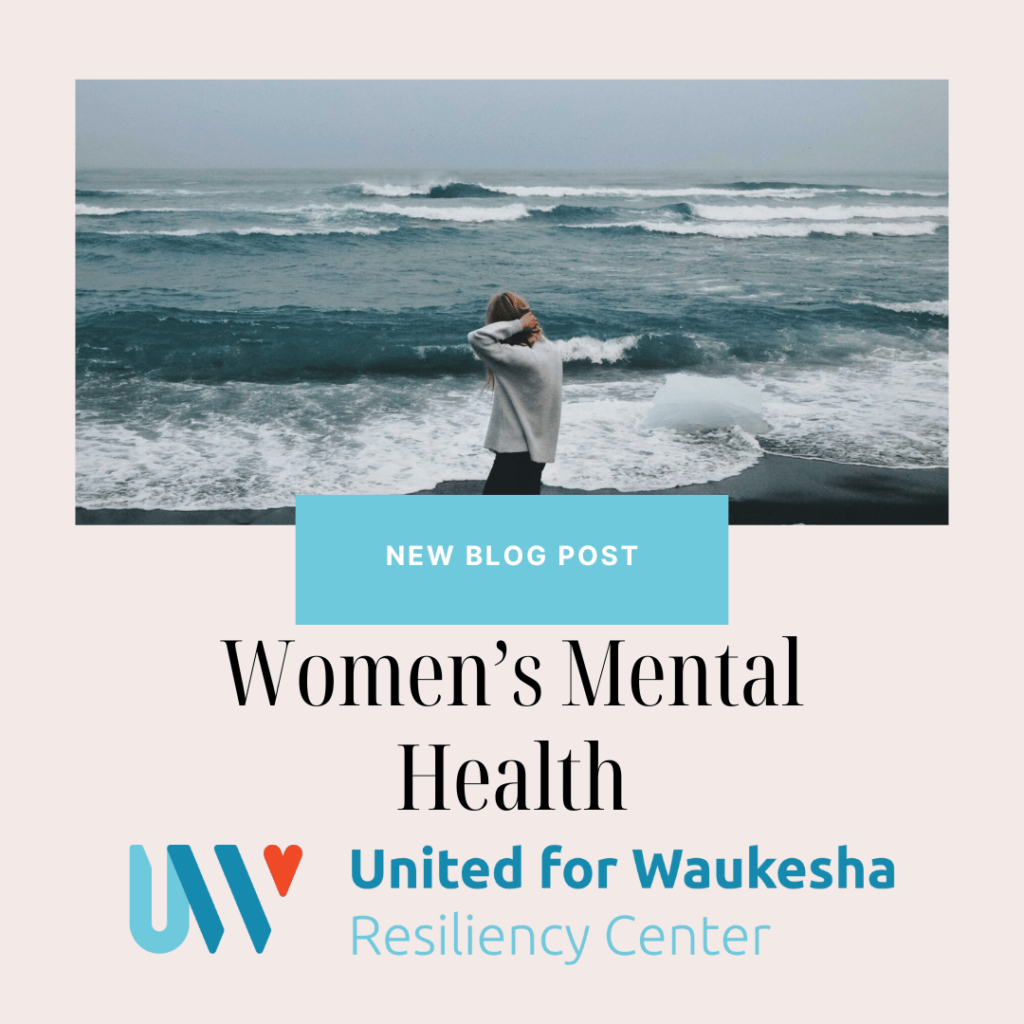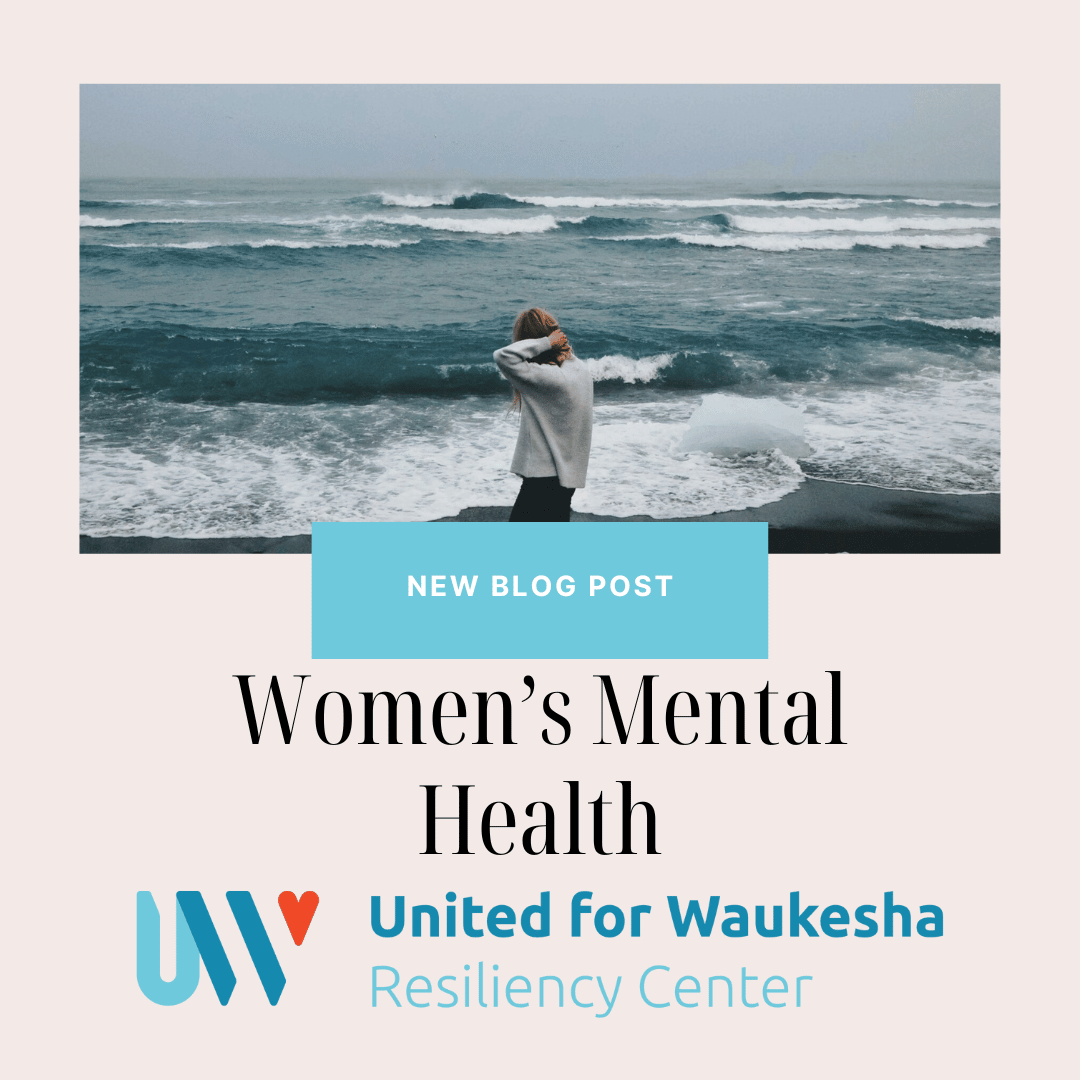
For National Women’s History Month, we’re putting the spotlight on women’s mental health. While mental health issues can affect anyone, a person’s mental health is influenced by a combination of genetics and the way they experience the world, which is certainly shaped by gender.
Women are more likely than men to be diagnosed with depression, anxiety, PTSD, and eating disorders. Women are also more likely to pursue help for their mental health concerns, so this may contribute to their higher diagnosis rate. Data shows that women are also 1.5 times more likely to attempt suicide (AFSP, 2023), although men who attempt suicide are four times more likely to die by it (CDC, 2021).
What contributes to these disproportionate outcomes for women? One potential explanation is social pressure and sociocultural imbalances. Women are more likely to be low income, to be the primary caregivers of their children and sick family members, and to be discriminated against for their gender. As the modern world shifts and people move farther from their families of origin, many moms find themselves without a supportive “village” and may struggle to balance work and caregiving along with social isolation. The increased stress from these factors may influence women’s mental health more broadly.
Women are also more likely to experience childhood sexual and physical abuse, sexual assault, and intimate partner violence. These experiences are linked to higher rates of depression than for those who were not abused (Mayo Clinic, 2019).
More research is needed on topics like perinatal mental health, PMDD, violence prevention, the relationship between income and mental health, and psychopharmacology in women to better understand the way genetics and social factors, including gender, influence mental health. When we pay attention to the way gender influences mental health, we can move towards more effective treatment and support for everyone.
At the United for Waukesha Resiliency Center, we understand that trauma and healing are influenced by a variety of factors in our lives. Our service navigators look at coping and healing in a holistic manner and can support with accessing resources like no-cost mental health services, medication, social support, and more. If you or someone you love has been affected at all by the 2021 Waukesha Christmas Parade tragedy, reach out to a service navigator at 262-522-0243 or email us at [email protected].

